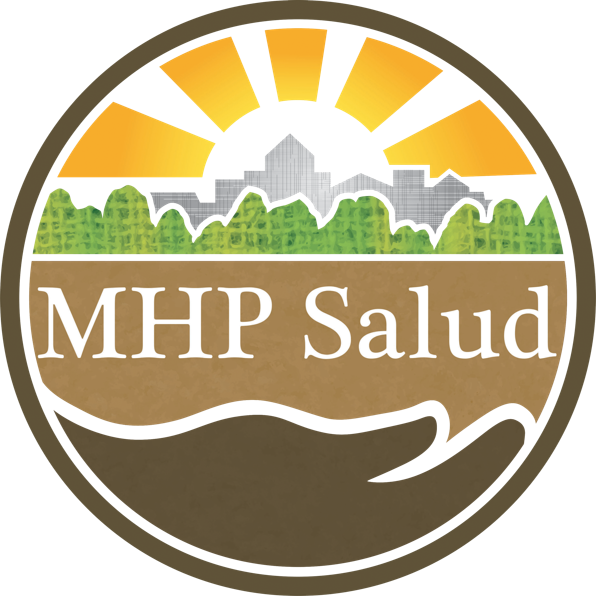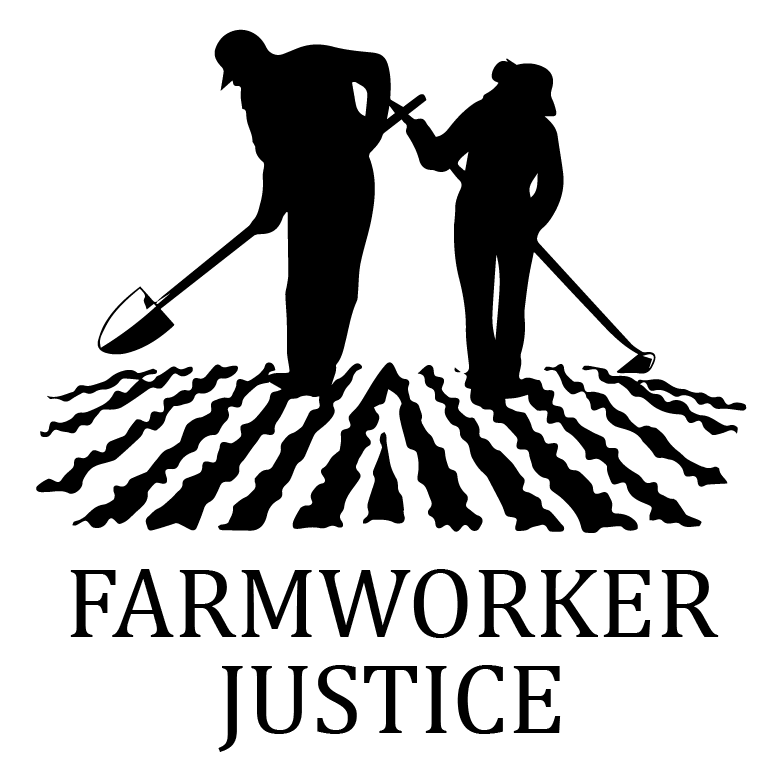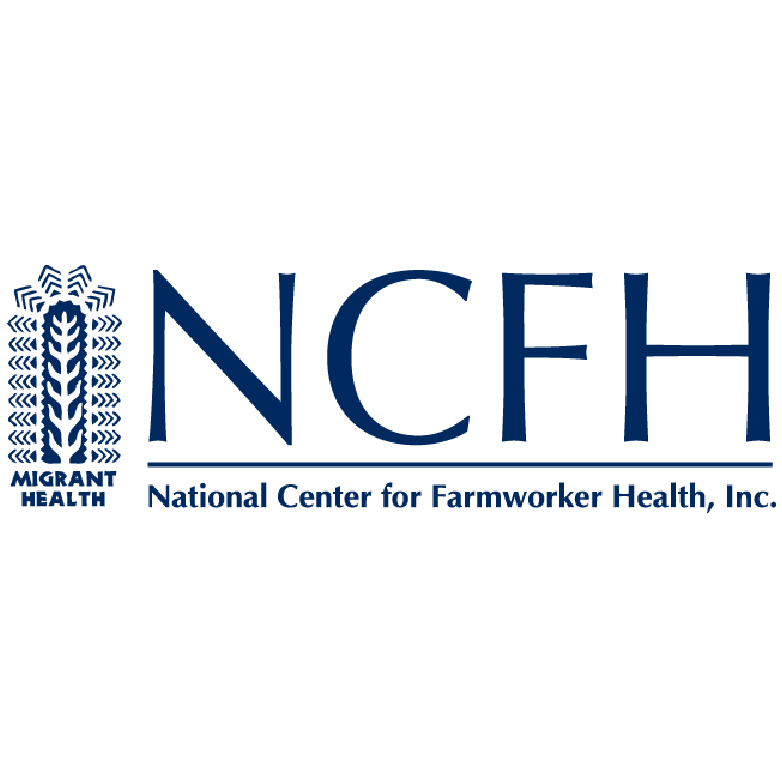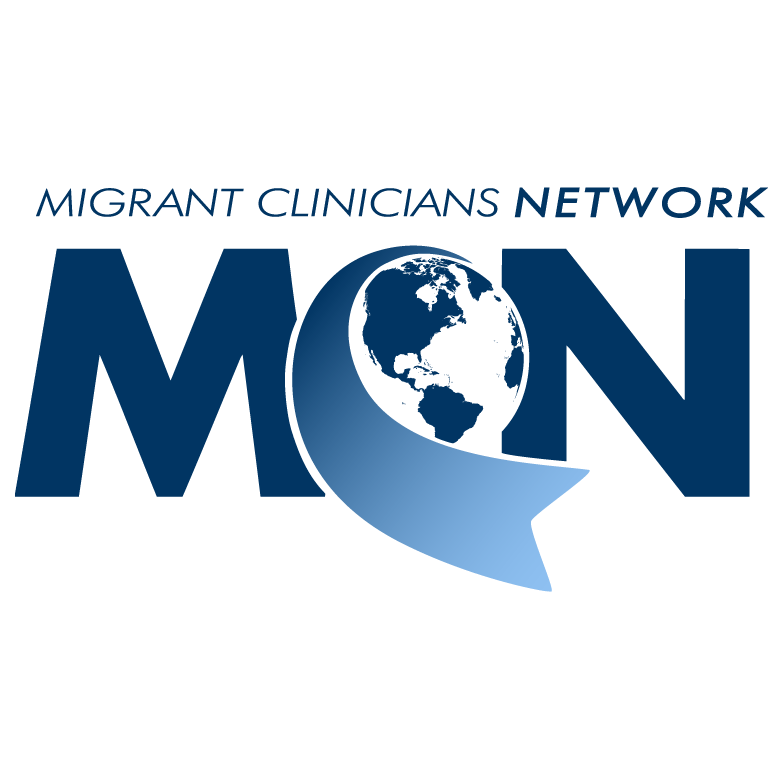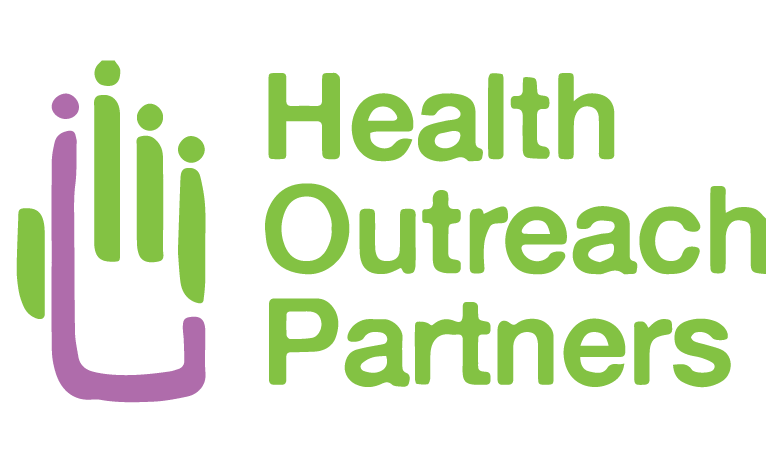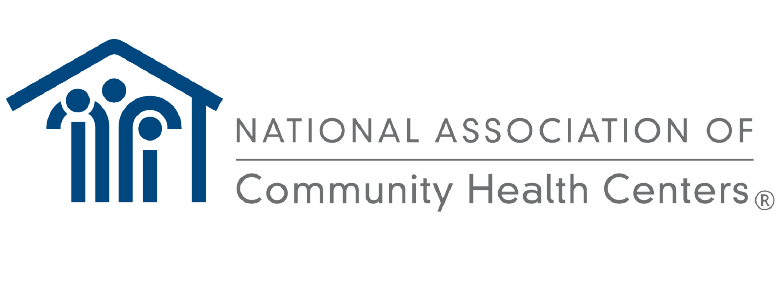- Who We Are
- Clinician Employment
- Publications
- Witness to Witness (W2W)
- El Premio Kugel & Zuroweste a la Justicia en la Salud
- Your Voice Matters: Photovoice Project

Migrant Clinicians Network is a member of the Farmworker Health Network
The Farmworker Health Network (FHN) is comprised of six National Training and Technical Assistance Partners (NTTAPs) in agricultural worker health funded through the U.S. Department of Health and Humans Services’ Health Resources and Services Administration (HRSA) to provide training and technical assistance to current and potential health centers. The FHN is committed to supporting the development of leadership within community and health centers and increasing access to care for the agricultural worker population. We function as a trusted resource to health center staff and boards, helping them to fulfill their capacity building needs, and to incorporate services delivery options that are designed to enhance care to agricultural workers and their families. Collaboration among FHN members includes a team approach to addressing health center needs and bringing multiple areas of expertise to bear in problem solving. The FHN works to assure the visibility of agricultural worker health within HRSA, and other governmental and private organizations through the articulation of issues, analysis and comment on proposed policy and procedural documents, dissemination of population specific information and provision of technical assistance services to address the need for information, training, and education. Attached are key resources from each of the FHN members, which highlight best practices and field-tested models.
Key Resources for Agricultural Worker Health
Ag Worker Access Campaign Partner Profile
This training toolkit was developed by NCFH to increase the recruitment, orientation and successful integration of agricultural workers and other health center consumers into health center boards. It is designed to help health centers build capacity among patients and community members for board membership. This unique resource also includes a leadership development component based on the needs of agricultural workers and other special populations. The toolkit includes all content, instructions and materials needed to be able to conduct this training in your community.
Language Access Resources
Health centers are required to take reasonable steps to provide meaningful and timely access to all patients, including those with Limited English Proficiency (LEP). NCFH has developed resources to assist health centers in developing and implementing effective and successful Language Access Programs. The Language Competency Checklist can be used to assess competencies of non-certified interpreters and/or bilingual staff, providing, or expected to provide, medical interpretation services. The Bilingual Greetings for Monolingual Staff is a list of commonly used English greeting words and phrases with Spanish translations, a phonetic pronunciation guide, and Spanish audio recordings created to assist monolingual front office staff to greet and communicate with patients as they come into the waiting area and register. To access audio pronunciations visit Bilingual Greetings for Monolingual Staff with Audio.
CLAS Tools
The National Culturally and Linguistically Appropriate Services (CLAS) Standards are a set of 15 required guidelines aimed to improve the quality of care and services for all patients. The following tools were developed to assist health centers in assessing and implementing CLAS efforts at their organizations:
- The CLAS Standards Chart & Strategies offer a brief description of each standard outlining key words and successful strategies.
- The CLAS Self-Assessment helps an organization assess their current CLAS efforts with the goal of creating an action plan.
- The CLAS Implementation Action Plan allows health centers to develop a customized action plan for enhancing/ improving CLAS activities.
Health Center Brochure for Agricultural Workers
Farmworker Justice’s Health Center Brochure, “Good Health is for You, Too” answers common questions about health centers in a format that is colorful and accessible for low-literacy audiences. The illustrated brochure includes a blank panel on the back page for health centers to provide their local contact information. It is available in English, Spanish, and Haitian Creole.
Diabetes and Childhood Obesity Materials
Farmworker Justice’s diabetes materials are for health center staff and agricultural worker patients. An issue brief details agricultural worker perception of diabetes and highlights successful strategies to promote education and treatment among patients. An illustrated brochure, “Life of the Party: Making Healthy Choices with Diabetes,” provides agricultural workers living with diabetes information on how to maintain a healthy diet. In May 2020, a coloring storybook on nutrition for agricultural worker families, similar to “Life of the Party,” will be available for download. Both brochures are available in English, Spanish, and Haitian Creole. The “Juntos Nos Movemos” curriculum and accompanying materials (including a flipchart and worksheet in English and Spanish) focuses on increasing physical activity among the young children of agricultural families. All of these materials support health centers’ efforts to promote diabetes and childhood obesity prevention among agricultural workers.
Health Policy Bulletin
Farmworker Justice’s Health Policy Bulletin provides
summaries of recent developments in policy and
research related to agricultural worker health.
Each issue explores a theme that is important for
agricultural worker health from both a national and
local perspective with contributions from national
and local organizations. Recent issues focused on
health information technology, childhood obesity,
and green tobacco sickness. The 2020 Health Policy
Bulletin focuses on access to behavioral health
services in farmworker communities.
Farmworker Justice’s Health Policy Bulletin provides summaries of recent developments in policy andresearch related to agricultural worker health. Each issue explores a theme that is important for agricultural worker health from both a national and local perspective with contributions from national and local organizations. Recent issues focused on health information technology, childhood obesity, and green tobacco sickness. The 2020 Health Policy Bulletin focuses on access to behavioral health services in farmworker communities.
Community Health Worker Clinical Integration Toolkit
With a long history of successfully and effectively addressing health disparities, Community Health Workers (CHWs) can fill the gaps in services that many health care organizations experience in reaching underserved populations. The Community Health Worker Clinical Integration Toolkit illustrates different strategies for incorporating CHWs within Care Teams such as CHWs in electronic health record (EHR) data entry, CHWs participating in care team daily huddles, CHWs utilized in telehealth, and the impact of using CHW-collected data in clinical decision making. Additionally, it provides real-life case studies from various health entities throughout the nation to support the success of the implementation of these strategies.
Understanding and Addressing Hypertension and Heart Health in Your Community: A Quick Guide for Community Health Workers
Understanding and Addressing Hypertension and Heart Health in Your Community: A Quick Guide for Community Health Workers (CHWs) provides information surrounding hypertension and heart health. The guide provides tools for CHWs to guide patients with hypertension towards a healthier future; including a blood pressure tracker, which can be shared with patients as they track their progress towards their blood pressure goals.
This resource is also available in Spanish: Comprendiendo y Abordando la Hipertensión y La Salud del Corazón en tu Comunidad: Una Guía Rápida para Promotores(as) de Salud
Understanding and Addressing Diabetes in your Community: A Quick Guide for Community Health Workers
Understanding and Addressing Diabetes in your Community: A Quick Guide for Community Health Workers (CHWs) provides information about diabetes management and an A1c tracker for patients to report their glucose levels. The information and tools included in this guide allow CHWs to support patients’ journey towards achieving a healthy lifestyle and quality of life.
This resource is also available in Spanish: Comprendiendo y Abordando la Diabetes en tu Comunidad: Una Guía Rápida para los Promotores(as) de Salud
Streamline Quarterly Clinical Publication
Migrant Clinicians Network’s quarterly clinical publication Streamline provides information and resources to frontline clinicians working with mobile underserved populations. Each issue includes important information from the field. Visit our website to subscribe to receive the in-print publication or download past issues.
Continuity of Care for Mobile Patients
Migrant Clinicians Network’s Health Network assures continuity of care and treatment completion by providing comprehensive case management, medical records transfer, and follow-up services to address the unique challenges faced by mobile patients with ongoing health needs. Health Network develops relationships with the mobile patient, helps mitigate or remove barriers to care, and utilizes its worldwide network to help mobile patients get the care they need regardless of where the patient is moving. Health Network has proven to be an easily modifiable patient navigation system for health centers with application in disease surveillance and treatment management for any number of injuries, illnesses, or care needs among mobile populations with any health care condition.
Clinical Education in Migrant Health
Migrant Clinicians Network provides high quality continuing education to health care providers serving the migratory and seasonal agricultural workers and other underserved populations. MCN’s comprehensive clinical education program helps to develop excellence in practice, grow clinical leadership, address emerging issues in clinical care, and disseminate best practice models. To best serve individual needs, MCN has devised an array of educational services that can be tailored to clinicians’ unique requirements. Come explore what we have to offer.
Self-Care: Taking Care of Ourselves So We Can Take Care of Others
Outreach programs support health centers to provide quality and responsive services to underserved communities by connecting to individuals where they live, work, and spend time. However, this level of access to and trust with the community can be challenging and overwhelming. HOP supports practicing self-care as an effective way for individuals and health centers to foster a healthy work-life balance. With input solicited from outreach workers across the country, HOP developed this resource to share self-care practices, its benefits, and strategies to build a culture of self-care that supports staff health and well-being and helps health centers recruit, motivate, support, and retain staff.
Transportation and Health Access: A Quality Improvement Toolkit
The toolkit is an easy-to-use, practical guide that assists health centers with assessing the scope of the problem and finding solutions to missed medical appointments due to transportation barriers. The toolkit guides the user through the two key phases of the quality improvement process: Needs Assessment and the Plan-Do-Check-Act (PDCA) cycle, a continuous quality improvement process. Each section contains an overview of the concepts and sample tools. The tools are designed to be a starting point and can be customized as needed to align with the specific context and resources of each health center.
Outreach Reference Manual
HOP’s Outreach Reference Manual is a comprehensive reference designed to improve program effectiveness and sustainability of health outreach programs. Tackling such topics as cultural competency, health education, health work force recruitment and retention, needs assessment, and planning and evaluation the information included is not just relevant for outreach, but for everyone working to improve health care access in the community. HOP has recently released updated charters on Care Coordination, Outreach Program Planning and Evaluation, and Clinical Outreach.



